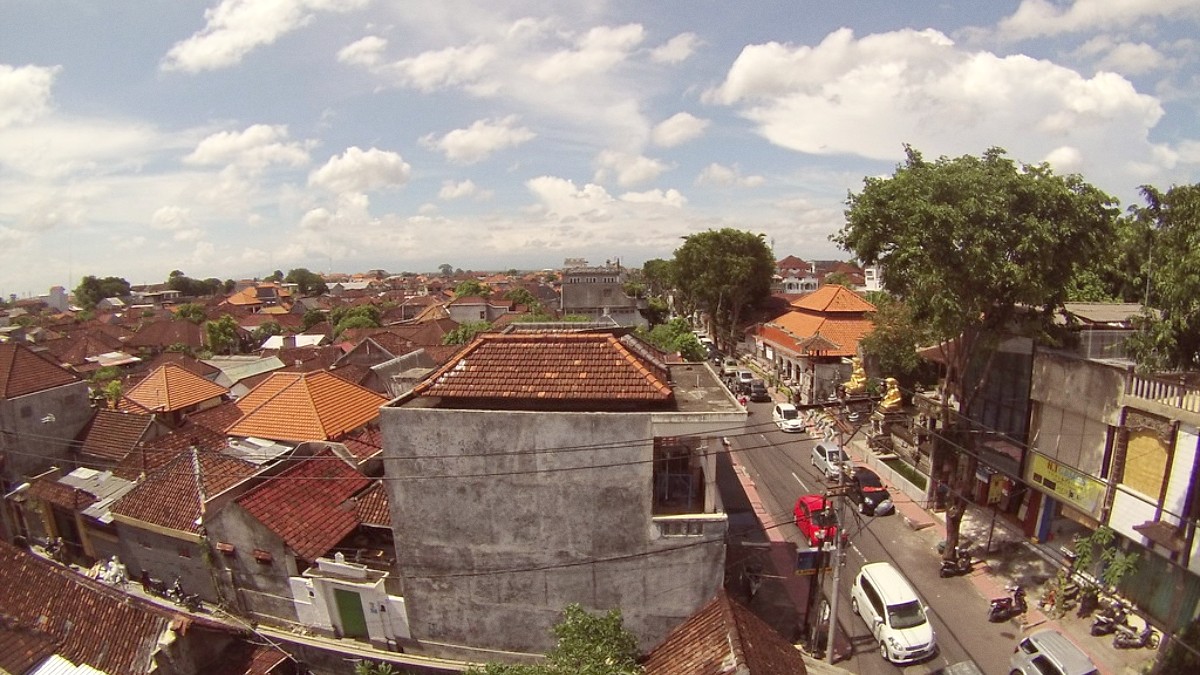
Bali, Indonesia
Bali's natural beauty faces pressures from tourism and development. Your actions help preserve its environment.
Minimizing plastic, conserving water, and supporting conservation projects are steps.
Conscious choices lessen your environmental footprint and support local conservation efforts.
Bali faces challenges with waste, especially plastic. Water resources are also under strain.
Pack reusable items and support companies committed to environmental responsibility.
Choose operators that prioritize ethical tourism and community benefits.
Your awareness of local customs deepens your cultural engagement and creates a positive experience for all.
Adhering to local dress codes and customs shows respect for sacred spaces and individuals.
Temples are sacred spaces. Your conduct should reflect reverence and awareness of local beliefs.
Tourism authorities emphasize learning about local traditions, not just consuming them. Respect privacy.
Seek opportunities to learn about and participate in local traditions respectfully.
Avoid taking photos of people without consent, especially in private moments.
Be discreet during religious ceremonies; avoid using flash, specifically during prayers.
Responsible travel ensures your visit benefits the local economy and communities, avoiding practices that could cause exploitation.
Directly contributing to the local economy strengthens communities and provides authentic experiences.
Ensure your purchases directly benefit the artisans and local producers.
Be aware of potential exploitation and make informed choices to avoid contributing to it.
Do not give money directly to begging children; support reputable charities.
Avoid attractions involving animal cruelty (e.g., unethical animal performances).
Indonesia has extremely severe penalties for drug offenses. Do not engage.
Drug laws in Indonesia are among the world's strictest. Penalties are severe and can include the death penalty for trafficking.